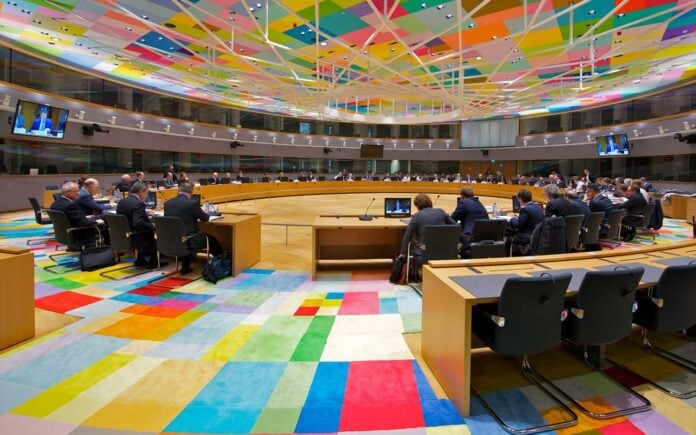By N. Bellos
A top Euro zone official on Tuesday said an agreement over the Greek program at Thursday’s Eurogroup meeting was more-or-less assured, while adding that the IMF will also renew its participation as a non-lender.
Nevertheless, the same official said substantive debt relief measures for Greece are a “long shot”, with only a further detailing of previous measures, announced in May 2016, expected.
The positive mood heading into the June 15 Eurogroup was aided by the uncharacteristically upbeat statements by German Finance Minister Wolfgang Schaeuble the same day, although the latter avoided offering specifics over an agreement.
However, most reports stress that the pending agreement on Thursday will not affect the European Central Bank’s (ECB) decision on re-including Greek bonds in its quantitative easing (QE) stimulus program. Greek bonds were summarily withdrawn from the program in the spring of 2015 at the height of uncertainty over the country’s Eurozone standing at the time.
All eyes are now on the final communique to be issued by the Eurozone finance ministers and any references to debt and debt sustainability. Positive references would, ostensibly, allow ECB President Mario Draghi leeway to include Greek bonds in the QE program within the next few months, but not immediately.
Rejoining the ECB’s stimulus program is a lesser “prize” for the increasingly beleaguered leftist-rightist coalition government in Athens. Greek Prime Minister Alexis Tsipras and his formerly anti-austerity and anti-bailout SYRIZA party have seen their approval ratings halved over previous months, according to all mainstream opinion polls, so any agreement at the European setting will be magnified on the domestic front.
The major “prize” would be medium-term debt relief, viewed by the Tsipras government and leftist SYRIZA as an achievement to deflect discontent and opposition criticism after successive rounds of austerity measures and a still stagnant economy, compared to other EZ members.














